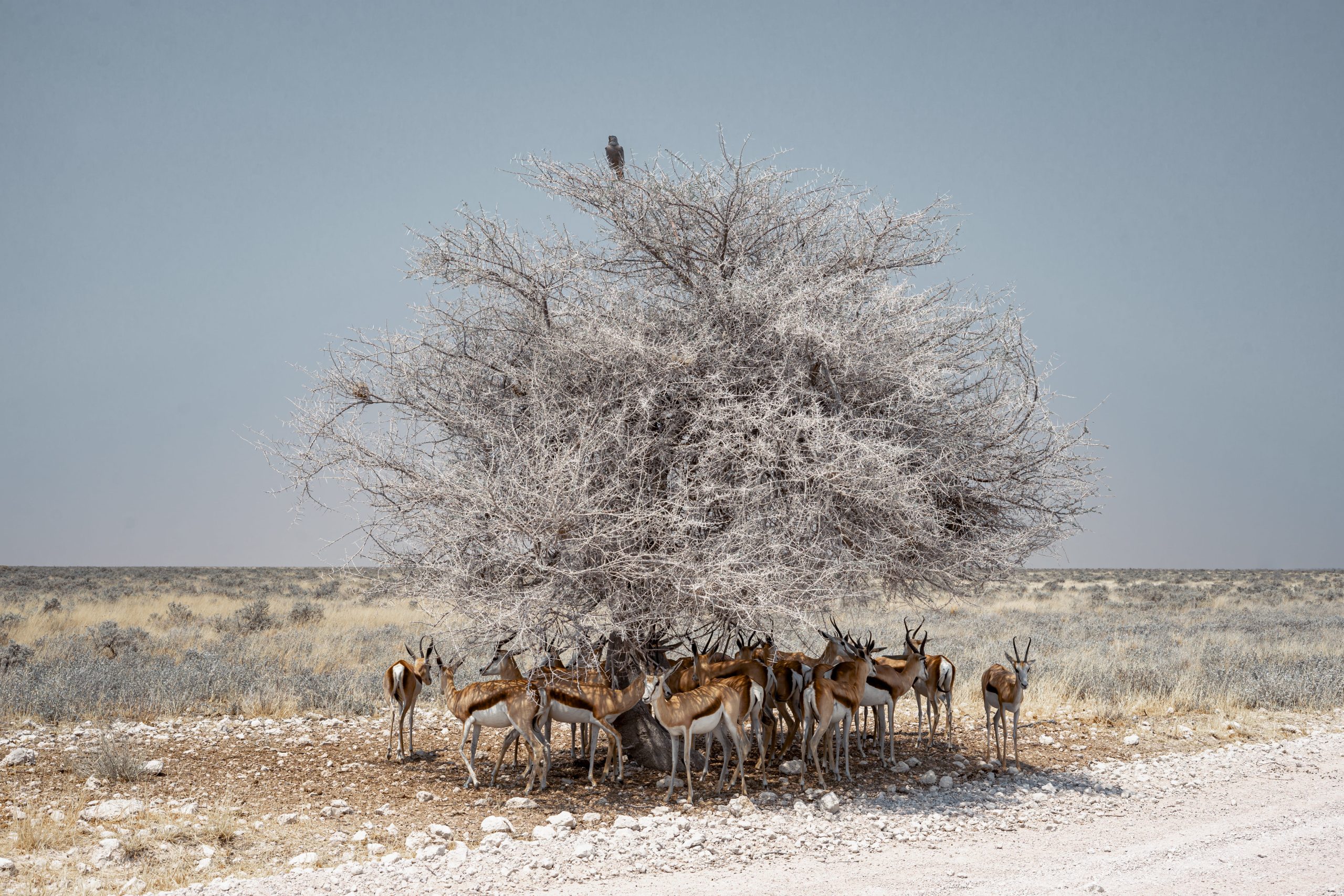While many travellers plan their Kruger holidays for summer, seasoned safari-goers know that winter—from May to August—is arguably the best time to visit. The mornings may be chilly, but the benefits far outweigh the need for an extra jacket.
For starters, wildlife viewing is at its peak. With less vegetation and shrinking water sources, animals gather around rivers and dams, making sightings more frequent and easier to photograph. You’ll spot everything from lions to leopards with little effort, especially around Letaba River or Olifants viewpoint.
The skies are crystal clear during winter. No summer haze or humidity means sharp, golden sunrises and sunsets—and stargazing is spectacular. Night drives in winter reveal constellations that appear far more vivid than they do in the city.
There are also fewer tourists. Camps are quieter, roads are less busy, and restaurants like Tindlovu Letaba feel more intimate. It’s the ideal time for honeymooners, retirees, photographers, or anyone who prefers a slower pace.
Health-wise, winter is low-risk for mosquitoes and malaria, adding an extra layer of comfort to your experience. Pack warm layers for early drives and peel them off as the bush warms during the day.
And then there’s the food. Hearty winter dishes like stews, grilled meats, and warm puddings taste even better when served overlooking the misty Letaba River.

